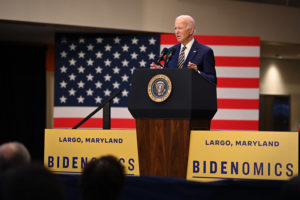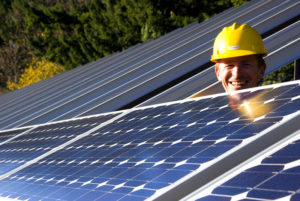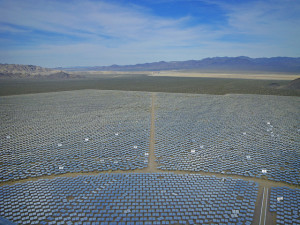
Not “The Sunshine State” of knowledge
Three recent conversations that took place with Floridians offer a sampling of that state’s pool of low-information voters:
The first conversation, in a retail store, involved a customer and an employee. The employee had just said that he was about to pick up a Boar’s Head sandwich for lunch:
Customer: “Haven’t you been reading the news?”
Employee: “No, I don’t give a sh*t about the news.”
Customer: “You should. There’s a deadly Listeria outbreak involving their meats!”
Employee: “I don’t care. If it’s my time to go, it’s my time to go.”
The second conversation involved a salesman and a customer at another retail outlet, and went like this:
Salesman: “The price of food and everything else is so high. I’ve been cooking at home instead of buying prepared foods.”
Customer: “At least the price of gas has come down a lot lately.”
Salesman: “Oh I don’t care about gas prices.”
Here, what we have goes beyond low information and into Republican narratives that never let facts get in the way. The idea that someone (who admits he drives a lot) would care about the price of food but not the price of gas, as if his money to pay for these did not all have to come from the same pile, is preposterous.
The third conversation was similar to the second one. It took place in an office, between the same customer as in the second conversation, and the office technician:
Technician: “Oh, you know, the price of everything is so high right now.”
Customer: “Well, at least gas prices have come down.”
Technician: “That’s because we have an election coming.”
Here, the technician is advancing another right wing trope, that somehow the oil companies would lower gasoline prices before the election to help President Joe Biden and the campaign of Vice President Kamala Harris. As if (1) the oil companies somehow favor the Democrats, who are promoting renewable energy and electric vehicles, instead of the Republicans, who are in the pocket of the oil and fossil fuel industries; (b) the price of oil and gasoline is not the result of supply and demand; and (c) the oil companies and gas stations do not charge as much as possible to maximize their profits.
This, folks, is why the 2024 presidential election is close.
Photo by Jason Howie, used under Creative Commons license. https://is.gd/FQUaYt








